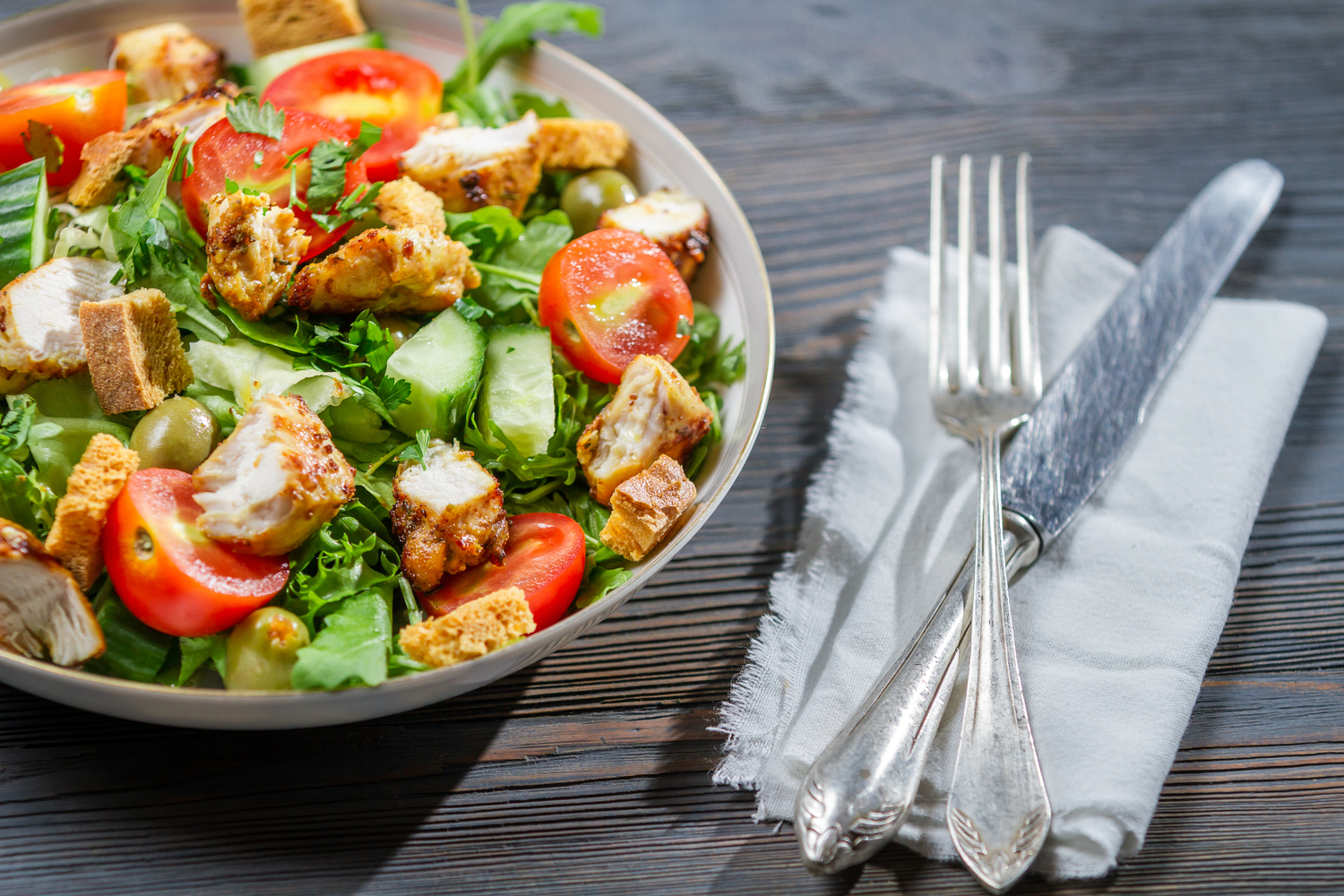
Dietary Tips for Ulcerative Colitis
Ulcerative colitis is a type of chronic inflammatory bowel disease (IBD) that causes sores in the inner lining of the intestinal tract. The most common area for sores to occur is in the colon and rectum. Ulcerative colitis has no cure, but with the proper diet and other health measures, many people have their symptoms go into remission. Here are a few diet tips that can help with ulcerative colitis symptoms:
1. Low FODMAP diet
One thing that can really hurt the gut is sugar and other types of carbohydrates. Those that are considered FODMAP can cause those diagnosed with Ulcerative colitis to have low gut bacteria, and other problems such as diarrhea, constipation, abdominal pain and bloating.
The foods to avoid include rye, barley, high fructose corn syrup, peaches, plums, cherries, milk, ice cream, onion, garlic, mushrooms, cauliflower and a host of others. While it may seem like nothing is allowed on the diet, this is not true. Healthy foods for colitis on the FODMAP diet include favorites such as rice, oats, gluten free pasta, berries (not blackberries), protein, and even some dairy products. The results of this diet is that at least 75% of those diagnosed see a major change in their body.
2. Eat smaller meals
In addition to following the low FODMAP foods diet, it is also a good idea to eat smaller meals. Since the intestine is working to prevent as many ulcers as possible, smaller meals will allow it to continue doing so. Most medical professionals recommend eating 5 to 6 small, frequent meals a day. By having the meals frequent, the body is able to feel fuller longer. Frequent meals are usually meant to be eaten every 3 or 4 hours. While this may take some planning on your part, your intestines will thank you for it.
3. Include omega 3 fatty acids
A good supplement to having a healthy diet includes omega 3’s, which are usually found in fish oils. The addition of omega 3 Fatty acids in some studies has been shown to reduce symptoms and help with the absorption of other ‘good’ microorganisms that the colon may need to function with colitis.
4. Include iron
In addition to having omega 3 fatty acids, making sure you have enough iron in your body is also important with having a good colitis diet. The body can use a substantial amount of iron due to bleeding in the colon. If you have had any symptoms of being dizzy, anemic, or feel like you have heart problems, then more iron may be the solution. Before taking any iron supplements on the market, it is a good idea to talk to your doctor and get a blood test.


